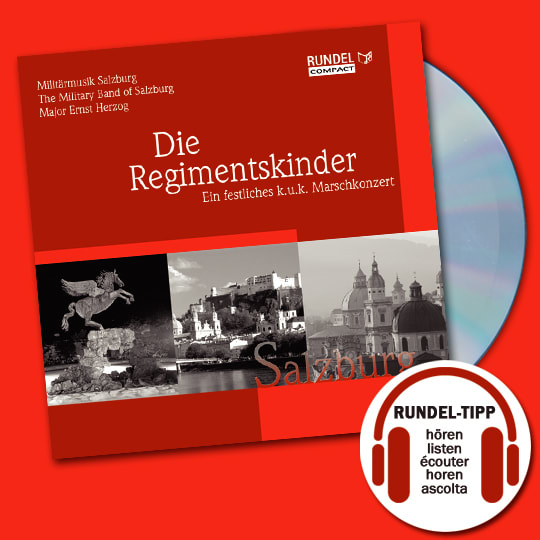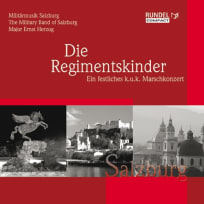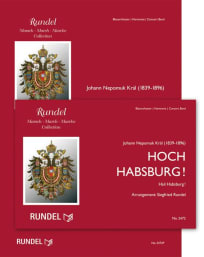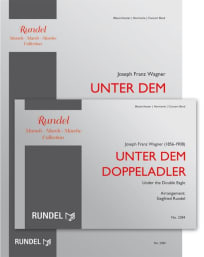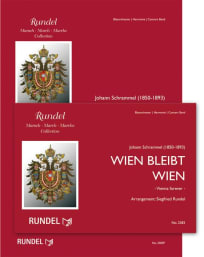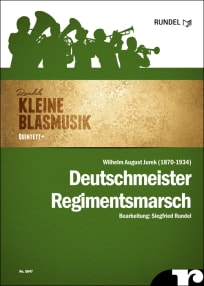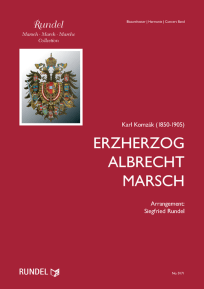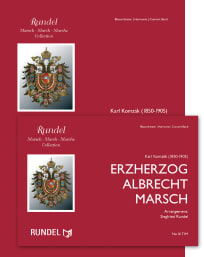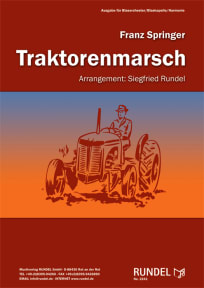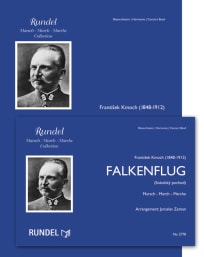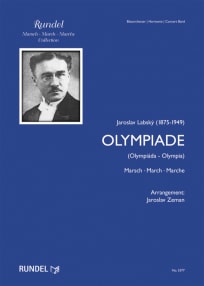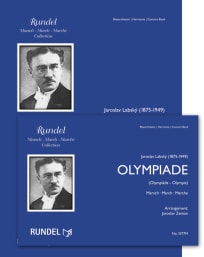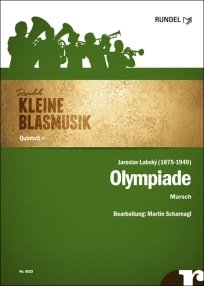Banda (Orchestra di fiati)
94er Regimentsmarsch
El Picador
- nach spanischen Motiven -

Banda (Orchestra di fiati)
94er Regimentsmarsch
El Picador
- nach spanischen Motiven -
Compositore
Arrangiatore
Genere
Evento
Durata
00:02:11
Difficoltà
Mittelstufe
Editore
Rundel
Formato
Formato Librettabile
Info
Partitura completa + Condensata + Parti
Numero d'edizione
MVSR2407
Data di pubblicazione
2003
Ascolta
Leggi
Ascolta & Leggi
Lista dei Desideri
Stampa
Consiglia
Info
Already as a young boy, Josef Matýs was musically educated and later became an instrument maker. In 1871 he was drafted into Infantry Regiment (IR) No. 18, where he served a tour of three years to complete his national service. Following that period he attended the Prague organ school, where Leoš Janácek was among his class mates. In 1877 he enlisted in the band of IR 55 in Lwiw as a sergeant and remained with that unit for three more years. After retiring from the army, he played in the orchestra of the Polish Theater in Lwiw for some time, before he left Lemberg for Biala Podlaska in 1880 in order to become an Imperial Russian military bandmaster. In Russia he took over the band of the 17th Artillery Brigade and was tasked to train his 45 soldiers who had no idea of music whatsoever. This proved to be quite a task indeed, namely to make these soldiers become half-way decent military musicians. Josef Matýs remained in the Russian army for three years. In 1882 Josef Matýs was employed as regimental bandmaster by the newly established IR 94 in Levoèa, and he remained with that unit until 1911. Consequently Matýs and his regimental band performed in all of the period garrisons of his regiment, i.e. in Levoèa (which is located in Slovakia today), and in the Czech cities of Josefov, Terezín, and Liberec. According to certain sources, Matýs was employed as music teacher by Count Kolovrat in Týnec from 1920 to 1924. He passed away in the military hospital of Terezín in 1937, allegedly as a poor man. How or better why do Spanish motifs show up in one of the most beautiful regimental marches of the Austro-Hungarian monarchy? The answer actually is evident, as Matýs dedicated this march, which he composed in Levoèa in 1882 to his regiment and his colonel-of-the-regiment at that time, namely to the Bohemian Infantry Regiment Alphons XII King of Spain No. 94.
Alternative title of the "94th Regimantal March" (of Spanish motifs) is EL PICADOR.
Alternative title of the "94th Regimantal March" (of Spanish motifs) is EL PICADOR.

